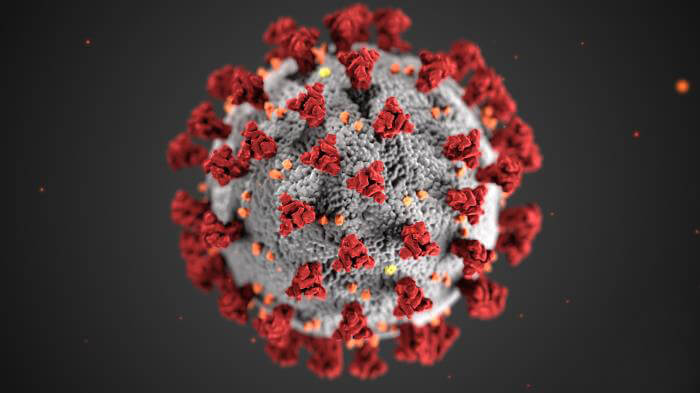
During his address to the nation March 11 on the one year anniversary of the COVID-19 shutdown, President Joe Biden focused on the effort to accelerate vaccination, and indicated that plans to expand the pool of qualified personnel eligible to administer vaccines would include veterinarians and veterinary students. The statement followed efforts by the American Veterinary Medical Association (AVMA) to advocate at the federal level on behalf of veterinarians.
As the conversation about utilizing veterinarians for administering COVID vaccines to people has accelerated over the past several months, the AVMA has been in communication with the Department of Health and Human Services (HHS), Centers for Disease Control and Prevention (CDC), and the Federal Emergency Management Agency (FEMA), and their teams that are responsible for coordinating the vaccine response. Last month, the AVMA submitted a formal request to HHS asking that veterinary professionals be listed as a “qualified person” in connection with COVID declarations under the federal Public Readiness and Emergency Preparedness Act (PREP Act), which authorizes the HHS secretary to issue emergency public health declarations and provides limited immunity from liability to those covered under the act.
The AVMA argued that if veterinarians are to be asked to help administer COVID vaccines to people, veterinarians need to be clearly authorized to do so, and they must be explicitly included among those covered by the liability immunity. The day after the president’s speech, the acting HHS secretary issued an amendment to the PREP Act declarations that specifically addresses veterinarians and veterinary students.
The AVMA provided the following information about the amendment:
- It allows veterinarians who are licensed to practice under the law of any state to administer COVID vaccines in any jurisdiction in association with a COVID vaccination effort by a state, local, tribal, or territorial authority or by an institution in which the COVID vaccine is administered.
- This also applies to veterinarians who have held an active license or certification under the law of any state within the last five years which is inactive, expired or lapsed, as well as veterinary students with appropriate training in administering vaccines. The intent is to include recently retired veterinarians who may want to help.
- The amendment preempts any state law that would otherwise prohibit veterinarians or veterinary students who are a “qualified person” under the PREP Act from prescribing, dispensing, or administering COVID vaccines or other covered COVID countermeasures.
- Veterinarians and veterinary students will be afforded liability protections in accordance with the PREP Act and the terms of the amendment. However, specific conditions must be met in order for the authorization to administer the vaccines and the liability protections to apply. These liability protections apply from March 11, 2021, through October 1, 2024.
- In order for the authorization and liability protections to apply, veterinarians and veterinary students must be participating in association with a COVID vaccination effort by a state, local, tribal, or territorial authority, or by an institution in which the COVID vaccine is administered. Additional specific requirements also must be met, such as having basic certification in CPR, completing the CDC COVID vaccination modules, an observation period, etc.
- While the liability outlined in the PREP Act is broad, it does not apply to willful misconduct, and the federal government does not provide a legal defense in the event of a lawsuit.
The AVMA is working to develop additional resources to assist those who choose to volunteer in this effort, such as guidance on CPR certification and other requirements. Developing information will be posted at avma.org/Coronavirus.
The following federal government resources also provide additional information:
- Information on volunteering to participate in vaccination efforts
- Fact sheet: Expanding the COVID-19 Vaccination Workforce
- HHS announcement: Amendment of the PREP Act
Click here to view a complete article by the AVMA on the latest developments.
